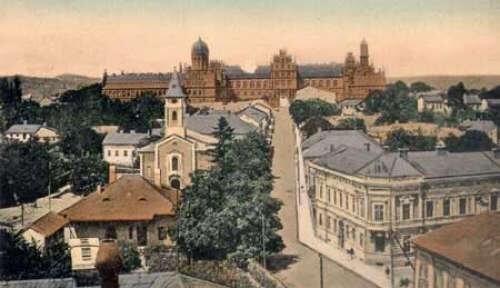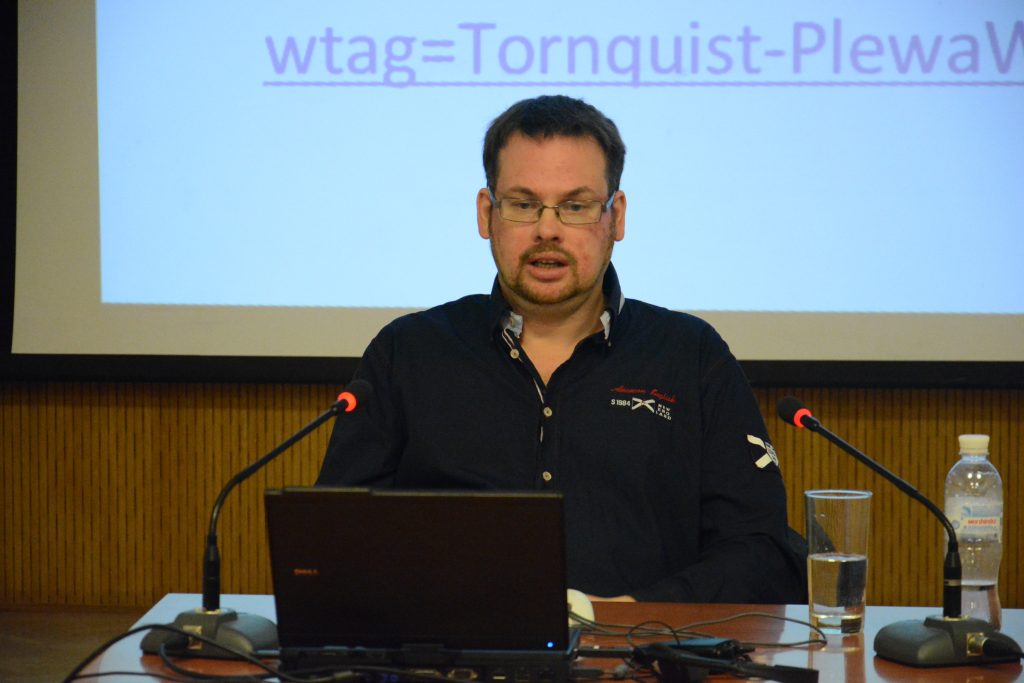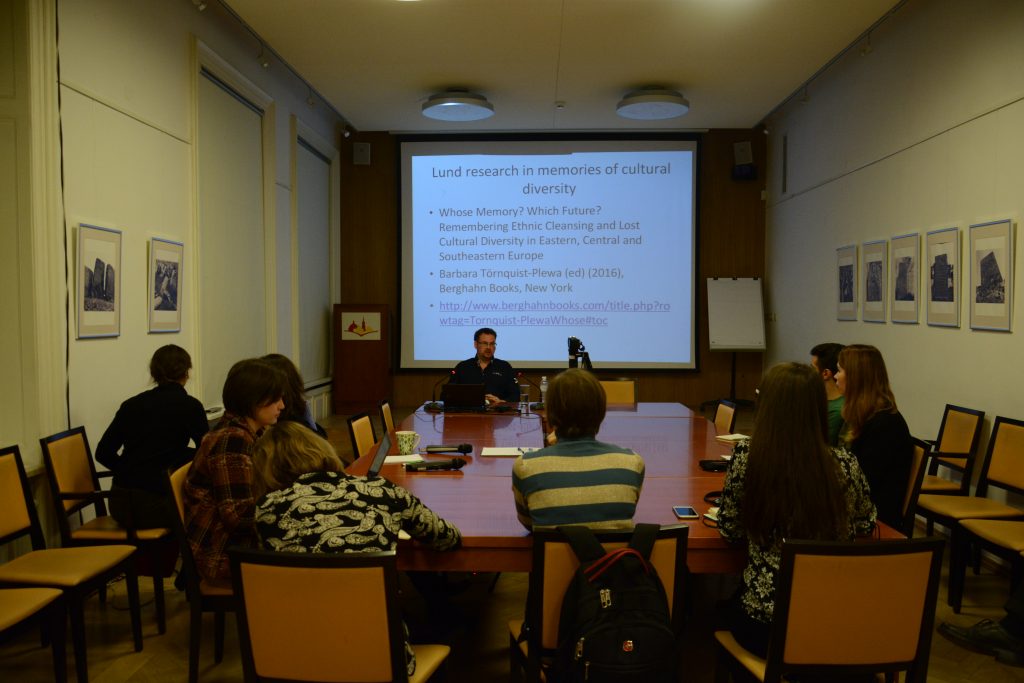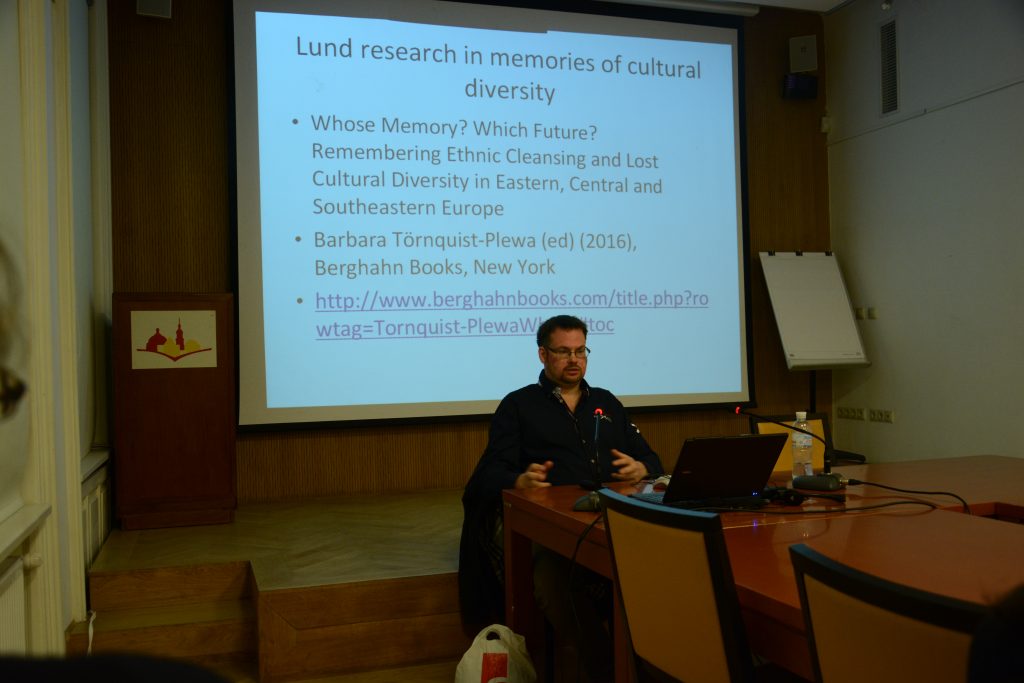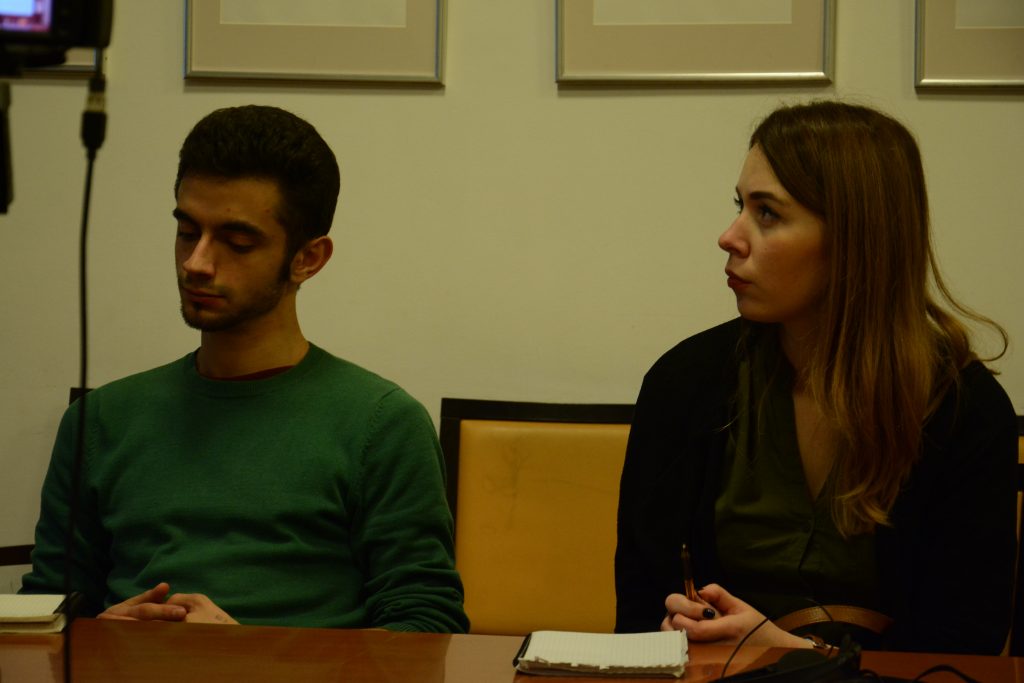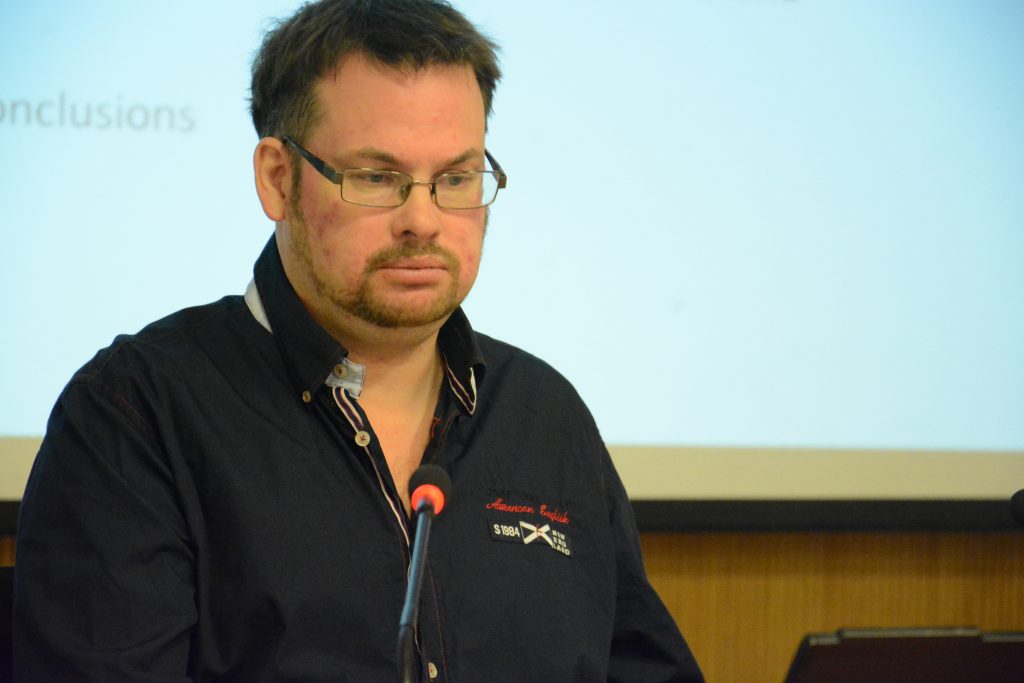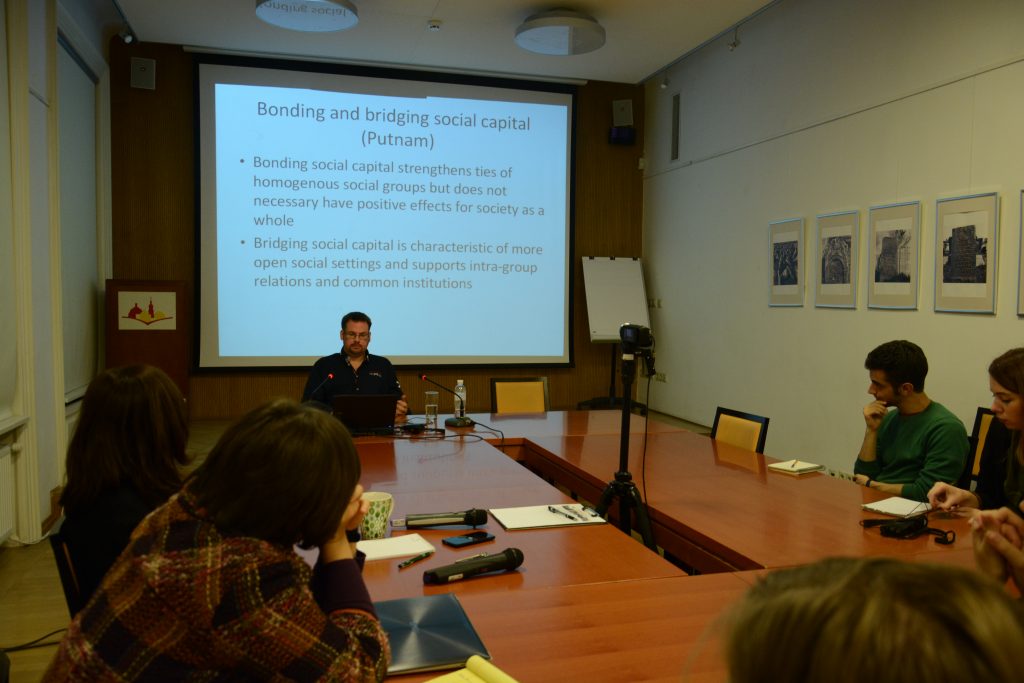Bonding and Bridging Memory Work. Ethno-Cultural Associations in Local Memory Culture in Chernivtsi
November 4, 2015
Center for Urban History, Lviv
Chernivtsi is one of the East Central European cities that went through dramatic ethno-demographic changes during and after the Second World War in connection with the Holocaust, population transfers, large-scale out-migration and Soviet deportations, as well as the postwar repopulation of the city by people from the surrounding area or from others parts of Soviet Ukraine or Russia. The demographic changes have continued with the large-scale out-migration of most of the remaining local Jews and Germans in the 1990s. Today the cultural diversity of old Czernowitz is viewed by various actors both as an asset and as a challenge for today's Post-Soviet predominantly Ukrainian- and Russian-speaking city. The presentation was part of a PhD project that takes a multifaceted analytical perspective on contemporary memory work in Chernivtsi in relation to the city’s pre-WWII cultural diversity. The presentation specifically analysed the role of ethno-cultural associations (natsional'no-kul'turni tovarystva) as a set of actors shaping the outlook of local memory culture in Post-Soviet Chernivtsi. It looked into the mnemonic strategies of the various ethno-cultural associations as well as into their local and transnational networks. How and to what extent do the ethno-cultural associations contribute to a compartmentalisation of memory in the city, in which ethnic groups are perceived to be the custodian of its "own" memories?
Lecture was held in English with simultaneous translation.
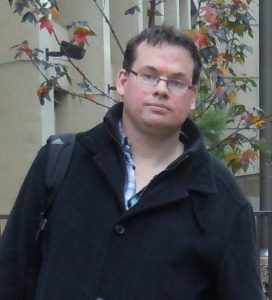
Niklas Bernsand
is a PhD student in Eastern and Central European Studies at Lund University and coordinator for the Centre of European Studies at Lund University. Among his latest publications are “Lviv and Chernivtsi: Two Memory Cultures at the Western Ukrainian Borderland in East/West: Journal of Ukrainian Studies” and “Friend or Foe? Contemporary debates on Islam and Muslim immigrants among Swedish identitarians”. He is also co-editor (with Barbara Törnquist-Plewa and Eleonora Narvselius) of the book “Beyond Transition? Memory and Identity Narratives in Eastern and Central Europe”.
